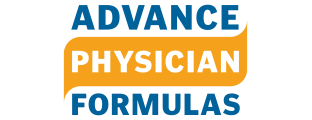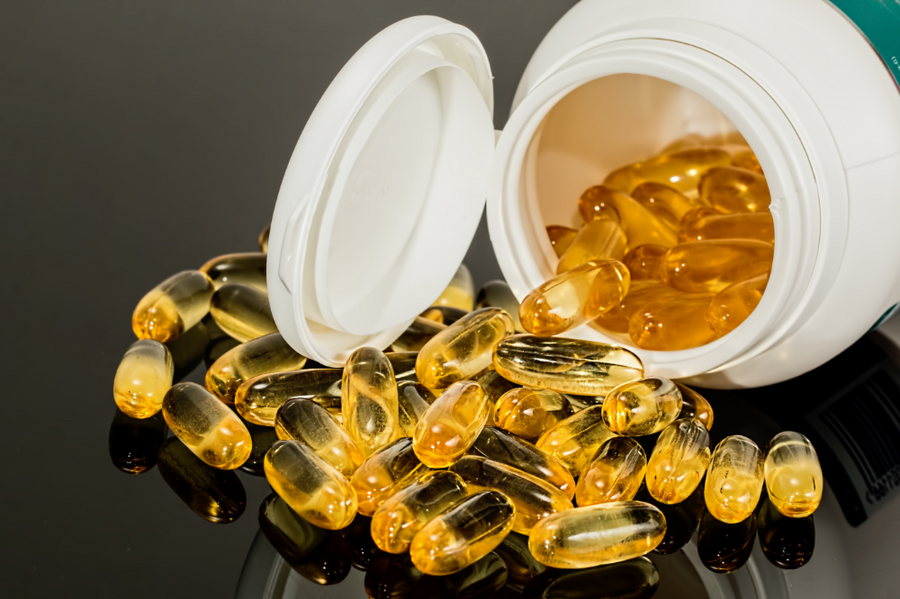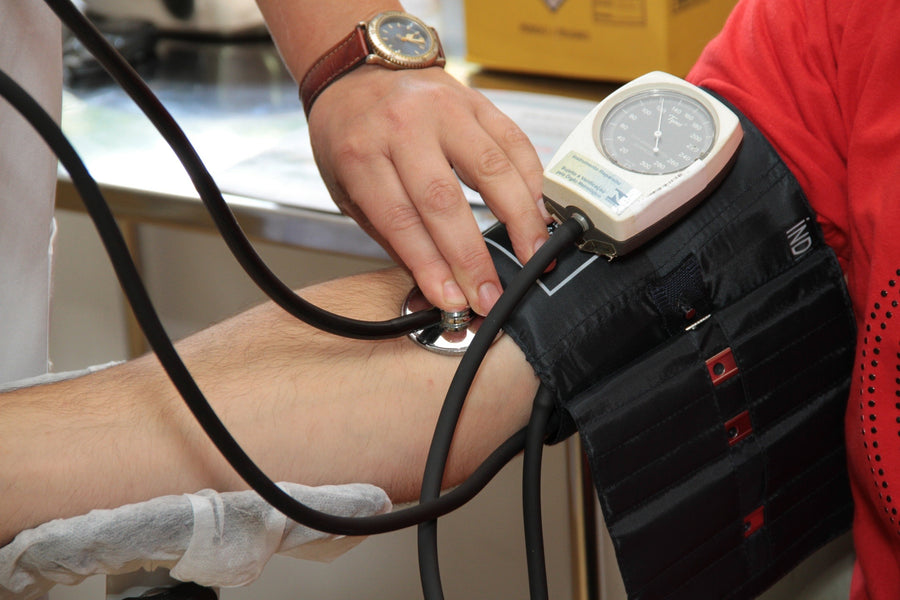Australian researchers report that omega-3 supplements, such as fish oils, may help keep young people with a high risk of schizophrenia from either getting the condition or experiencing it less severely. Years ago the investigators provided high-risk study participants between the ages of 13 to 25 the supplements for three months and found that they prevented a first episode of a psychotic disorder for up to a year. Recently, in a follow-up study, the team updated to see how the same patients were doing. They found that 10% of the group given omega-3 supplements developed psychosis, an episode where you lose touch with reality. It's a symptom of different illnesses, including schizophrenia. Forty percent of the group given a fake placebosupplement developed psychosis. The group not given omega-3s also developed psychosis more quickly and had a higher overall risk of getting other psychiatric disorders.
Although this kind of testing is still early, it offers some hope. We still need much more investigating to determine if fish oils play a role in adults who have established schizophrenia for many years or decades and those who have been on antipsychotic medications. But, what I take from these early studies is that teenagers should be encouraged to ingest more omega-3 fatty acids, especially those at high risk. It can't hurt and these oils have many other health benefits, see http://www.raysahelian.com/
Some people with mood disorders or bipolar disorder may also benefit from fish oil supplements, seehttp://www.raysahelian.com/







